Search results
soane-museum-stone-carving-workshop.jpg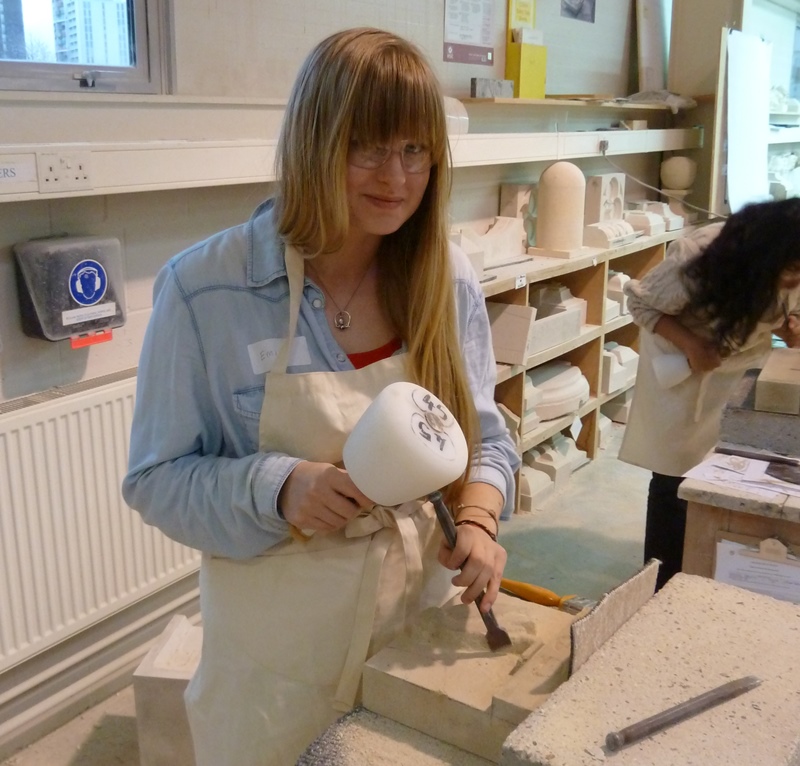 mblowfieldimage/jpeg218.25 KB
mblowfieldimage/jpeg218.25 KB
 mblowfieldimage/jpeg218.25 KB
mblowfieldimage/jpeg218.25 KB
Southbank Centre_Inside Out - London Sinfonietta CR Southbank Centre_BBC_Tom Howard_RFH_28-10-20 027 1000x667-min.jpg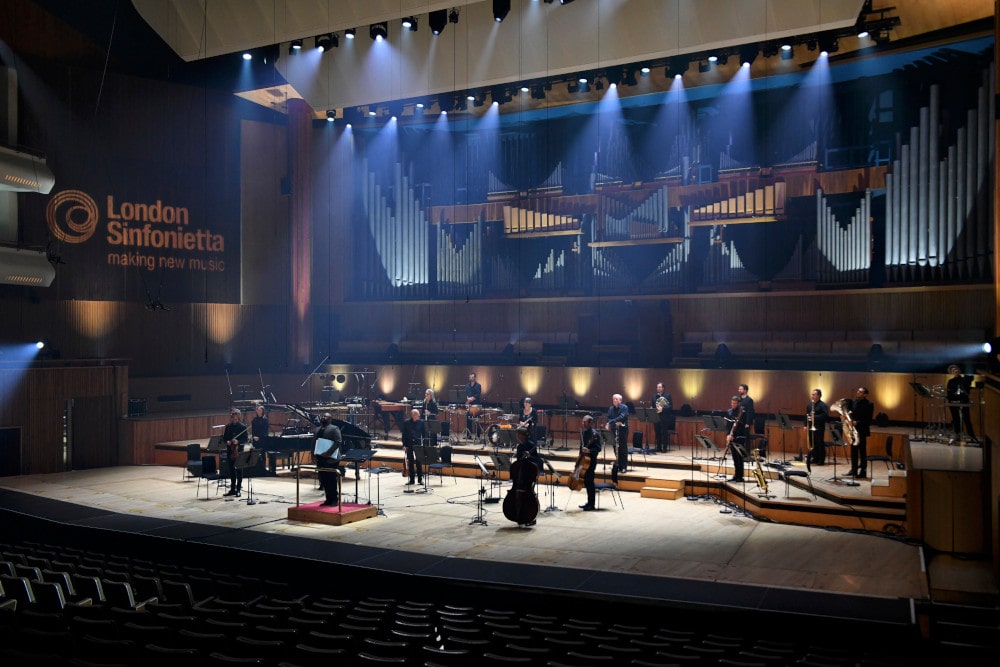 dp_adminimage/jpeg124.29 KB
dp_adminimage/jpeg124.29 KB
 dp_adminimage/jpeg124.29 KB
dp_adminimage/jpeg124.29 KB
soane-museum-marc-quinn-drawn-from-life.jpg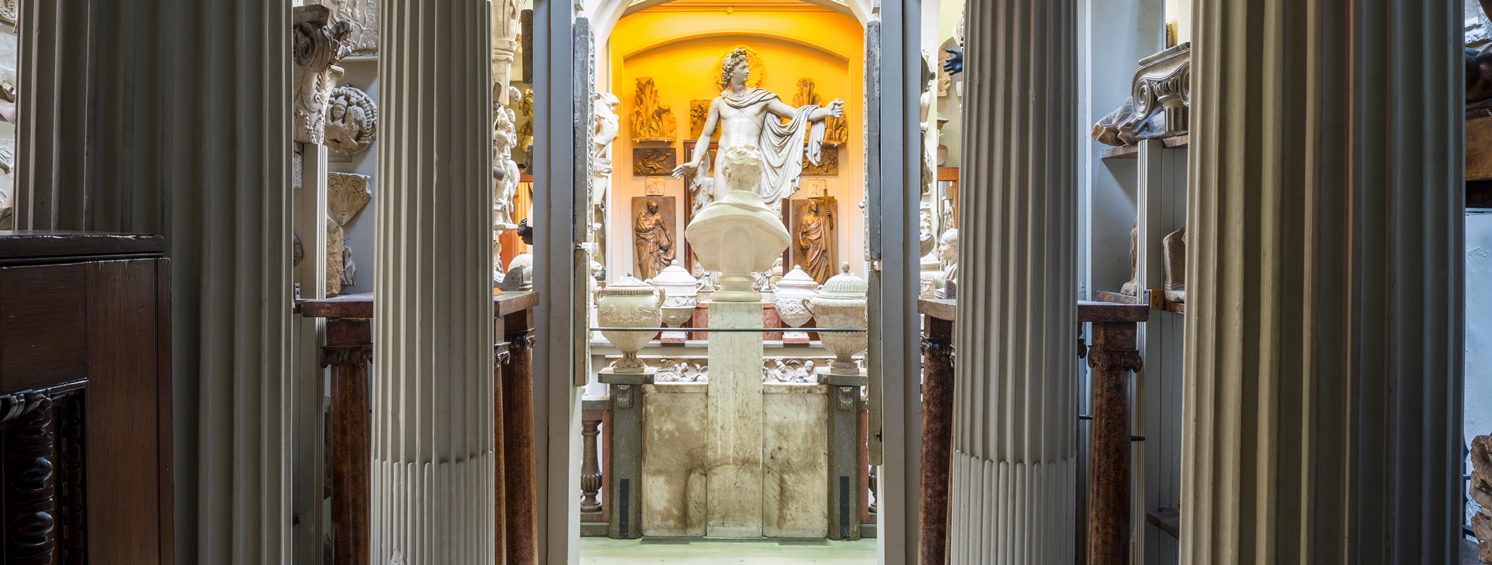 mblowfieldimage/jpeg400.74 KB
mblowfieldimage/jpeg400.74 KB
 mblowfieldimage/jpeg400.74 KB
mblowfieldimage/jpeg400.74 KB
marc-quinn-drawn-from-life.jpg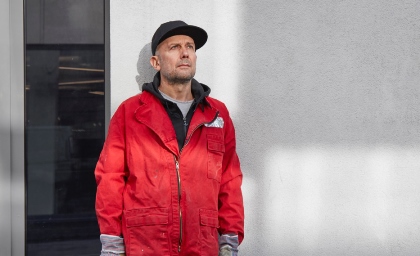 mblowfieldimage/jpeg62.33 KB
mblowfieldimage/jpeg62.33 KB
 mblowfieldimage/jpeg62.33 KB
mblowfieldimage/jpeg62.33 KB
london-craft-week-logo.jpg mblowfieldimage/jpeg18.84 KB
mblowfieldimage/jpeg18.84 KB
 mblowfieldimage/jpeg18.84 KB
mblowfieldimage/jpeg18.84 KB
jane-eyre-live-reading.jpg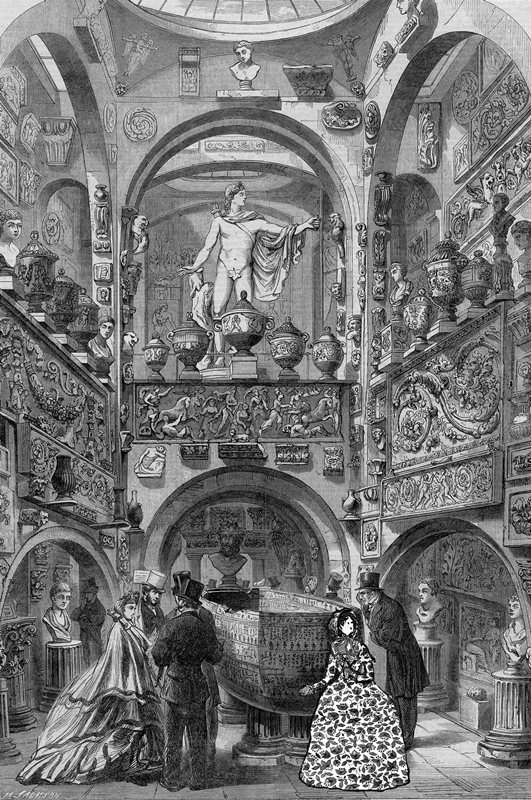 mblowfieldimage/jpeg181.31 KB
mblowfieldimage/jpeg181.31 KB
 mblowfieldimage/jpeg181.31 KB
mblowfieldimage/jpeg181.31 KB
soane-drop-in-crafts.jpg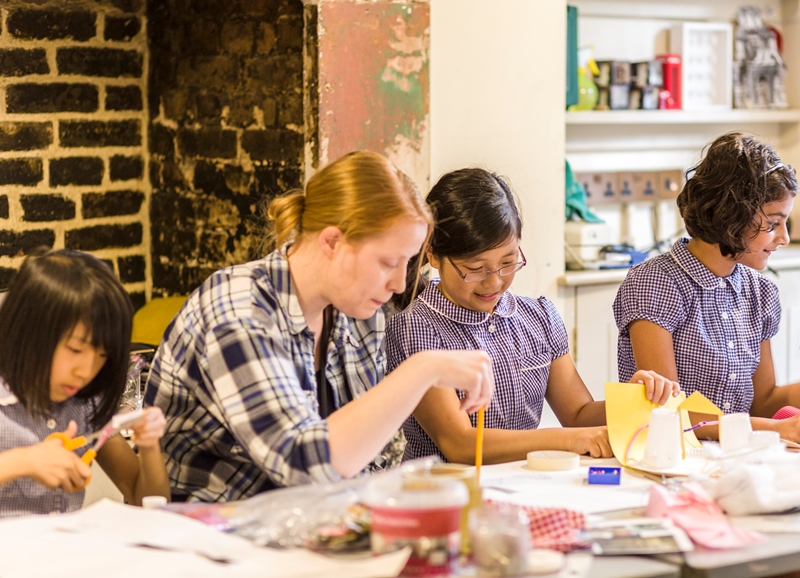 mblowfieldimage/jpeg265.76 KB
mblowfieldimage/jpeg265.76 KB
 mblowfieldimage/jpeg265.76 KB
mblowfieldimage/jpeg265.76 KB
soane-captivating-fashion-bronte.jpg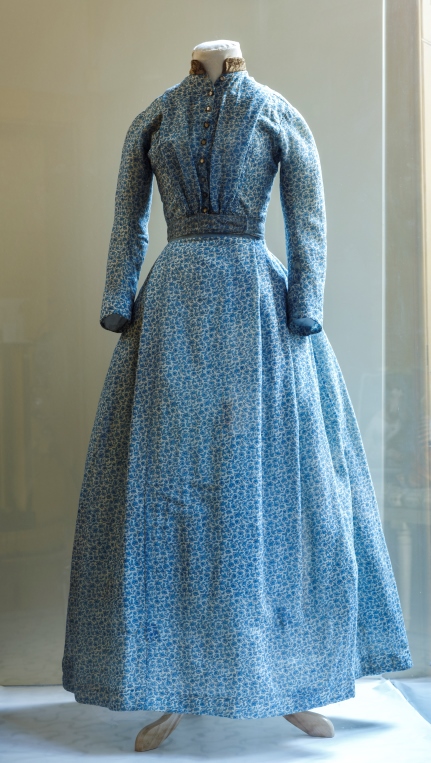 mblowfieldimage/jpeg212.04 KB
mblowfieldimage/jpeg212.04 KB
 mblowfieldimage/jpeg212.04 KB
mblowfieldimage/jpeg212.04 KB
C&R.jpg dp_adminimage/jpeg59.75 KB
dp_adminimage/jpeg59.75 KB
 dp_adminimage/jpeg59.75 KB
dp_adminimage/jpeg59.75 KB
evening-opening-candlelight.jpg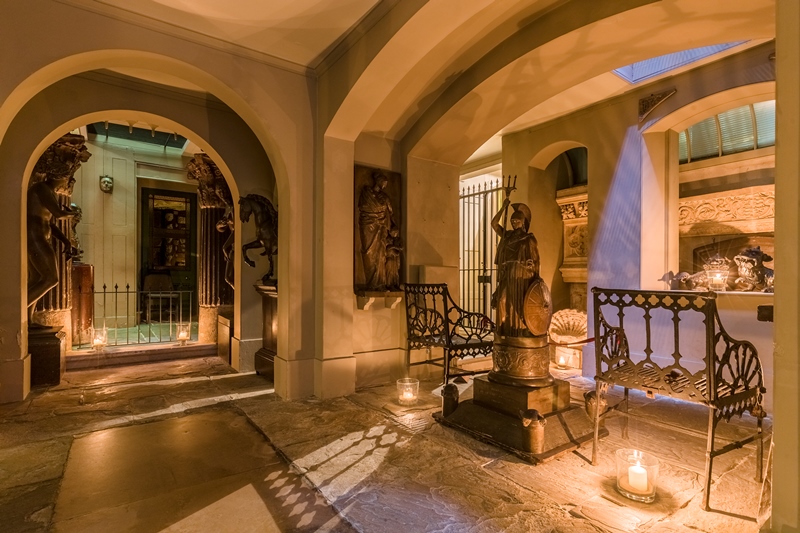 mblowfieldimage/jpeg253.45 KB
mblowfieldimage/jpeg253.45 KB
 mblowfieldimage/jpeg253.45 KB
mblowfieldimage/jpeg253.45 KB